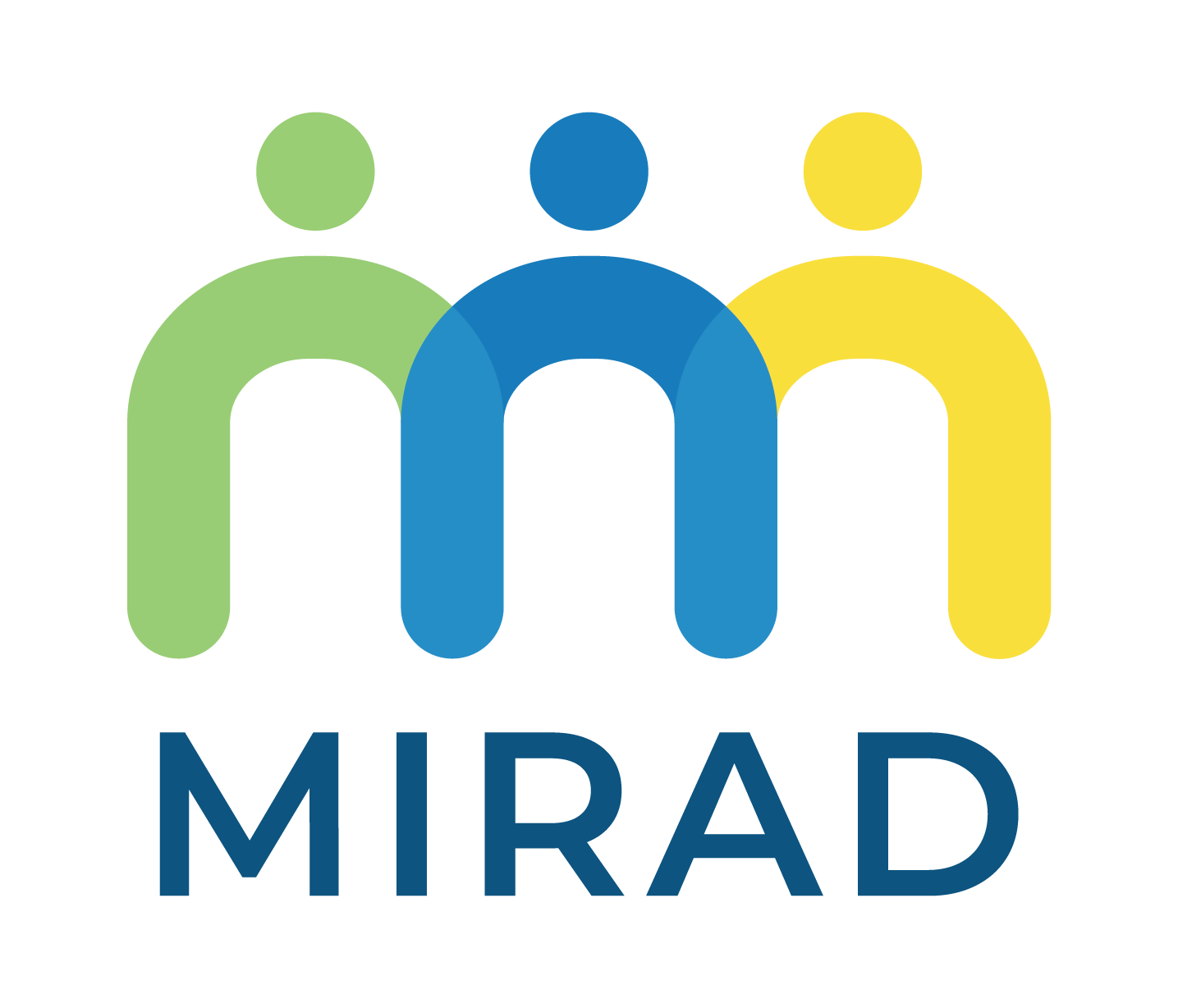From 17th to 19th October 2023, the MIRAD project’s Cross-Sectoral Training Event was held in Lisbon, where some of the project’s key products, the Individual Radicalisation Screening (IRS) tool[1] and the virtual reality (VR) risk assessment scenarios were explored and put into test by frontline practitioners. This deep dive into the practical application of these tools triggered productive discussions aimed at feeding the fine-tuning process of these products.
During this 3-day training event, 20 practitioners from the prison, probation, and community settings from 5 different countries were present (Bulgaria, France, Greece, Poland, Spain).

The first day of the event set the stage with a comprehensive overview of the MIRAD project, presented by Pedro Liberado (IPS_Innovative Prison Systems) from its inception, the overarching vision to its accomplishments up to the present day, to an intricate examination of the IRS Tool within the project’s framework. The agenda then shifted towards Nico Brasppening’s (Belgian Federal Public Service of Justice & MIRAD’s Risk Assessment Expert) presentations, which enriched the discourse by introducing case studies and providing insights drawn from its expertise vision, experience, while supporting it with the latest research in the field.
The second day was then devoted to a detailed exploration of the IRS and its adaptation to Islamist Extremism and Right-Wing Extremism. Josep García Coll (Euro-Arab Foundation for Higher Studies) and Maryian Sabev (Center for the Study of Democracy) played a pivotal role in guiding participants through the tool’s design, structure, and practical application, including a collaborative hands-on experience in the use and implementation of the tool by participants, who co-jointly analysed two case studies, culminating in an in-depth feedback session.

On the final day, the spotlight turned towards three VR scenarios designed to simulate risk assessment situations. Participants were engaged with this methodology with the guidance of André Barbosa (Inklusion). Through these simulated scenarios, participants were granted a unique opportunity to immerse themselves in the practicalities of risk assessment, while also putting the tool’s usability to the test through the assessment of these three case studies.
Thus, the final day began with a brief presentation by IPS, framing the virtual reality scenarios in the context of the event, and of the project. It was then given the floor to André, who interactively demonstrated how to use the VR headset that the participants would then experience, in order to later fill in the IRS Scoring Sheet. To round off the day, a final feedback session was held, in which the participants were able to provide further feedback on the use of the IRS Tool, as well as on the quality, usability and applicability of the virtual reality scenarios.
The event concluded with a debriefing session, underscoring the event’s undeniable success and the enthusiasm of participants for the advancements achieved through the MIRAD project. As such, this Cross-Sectoral Training Event marked a significant stride towards enhancing the IRS tool and the VR Scenarios, thereby presenting fresh and innovative avenues towards more accurate, reliable, and precise tools for accurate radicalisation risk assessment training.

[1] The MIRAD Project intends to update the Individualisation Radicalisation Screening Tool (IRS Tool), which was developed within the R2PRIS Project, to encompass different gender and ideologies – Right-Wing Extremism and Islamist Extremism. To learn more about the IRS Tool, check out the R2PRIS Project

